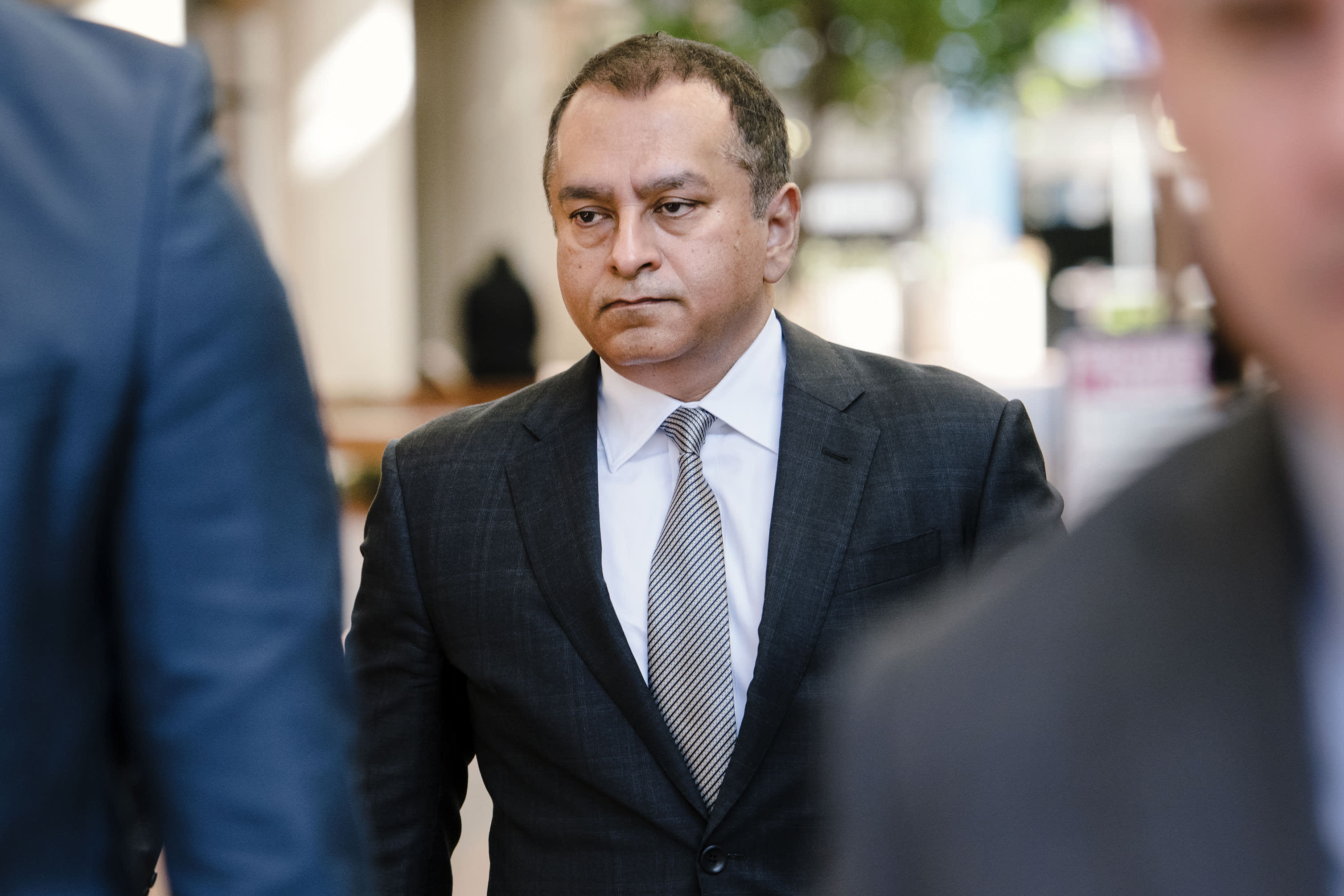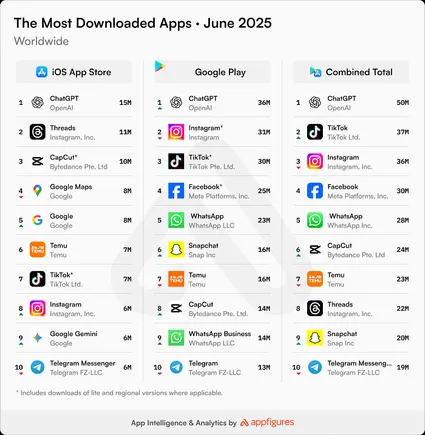Dexcom shares plummet almost 40% after company misses on revenue, lowers guidance
Dexcom issued disappointing results and guidance, which the company attributed in part to a change in its salesforce.

The Dexcom logo is seen on a smartphone screen and in the background.
Pavlo Gonchar | SOPA Images | Lightrocket | Getty Images
Shares of Dexcom tumbled almost 40% in extended trading Thursday after the diabetes management company reported disappointing revenue for the second quarter and offered weak guidance.
Here's how the company did:
Earnings per share: 43 cents adjusted vs. 39 cents expected by LSEGRevenue: $1 billion vs. $1.04 billion expected by LSEGDexcom's revenue increased 15% from $871.3 million a year earlier, according to a release. The company reported net income of $143.5 million, up from the $115.9 million in the same period last year.
For the third quarter, Dexcom expects revenue of $975 million to $1 billion to account for "certain unique items impacting 2024 seasonality," the release said. Dexcom updated its full fiscal year guidance and now expects revenue of $4 billion and $4.05, down from the $4.20 billion to $4.35 billion it forecast last quarter.
Dexcom offers a suite of tools like continuous glucose monitors (CGMs) for patients that have been diagnosed with diabetes.
On the earnings call, Dexcom CEO Kevin Sayer attributed the challenges to a restructuring of the company's sales team, fewer new customers than expected and lower revenue per user. Some of the shortfall had to do with customers taking advantage of rebates for the new CGM called the G7. Additionally, the company said it underperformed in the durable medical equipment (DME) channel.
"The DME distributors remain important partners for us in our business, and we've not executed well this quarter against these partnerships," Sayer said on the call. "We need to refocus on those relationships."
In March, Dexcom announced its new over-the-counter CGM called Stelo had been cleared for use by the U.S. Food and Drug Administration. Stelo is designed for patients with Type 2 diabetes who do not use insulin. Dexcom said Thursday it will officially launch in August.
Prior to Thursday's close, Dexcom shares were down 13% for the year, while the S&P 500 is up 13% over that stretch.
At the beginning of the Q&A portion of the earnings call, JPMorgan analyst Robbie Marcus asked for more details on the substantial drop in guidance, expressing "shock" at how much disruption could be caused by a change in the structure of the sales force.
"I feel like there has to be more going on," Marcus said, and asked whether the surging popularity of GLP-1 weight-loss treatments is having an impact.
Sayer responded by saying the company is "short a large number of new patients as to where we thought we would be at this point in time." He said the sales force reshuffling, which led to changes in geographic coverage, was more dramatic than expected as physicians were now dealing with different reps.
With respect to the DME struggles, Sayer said the company lost customers "who have the highest annual revenue per year." And he added that G7 rebate eligibility was three times faster than over the prior product, the G6.
Jereme Sylvain, Dexcom's finance chief, said all that adds up to a $300 million shortfall in the company's guidance for the year at the top end.
"Certainly not something we're happy about," Sylvain said. He said that in the interest of "full transparency," the company needed to provide clarity "about what the impact is for the balance of the year."
WATCH: Dexcom CEO Kevin Sayer


 ValVades
ValVades 




























.jpg&h=630&w=1200&q=100&v=154b70b92d&c=1)


